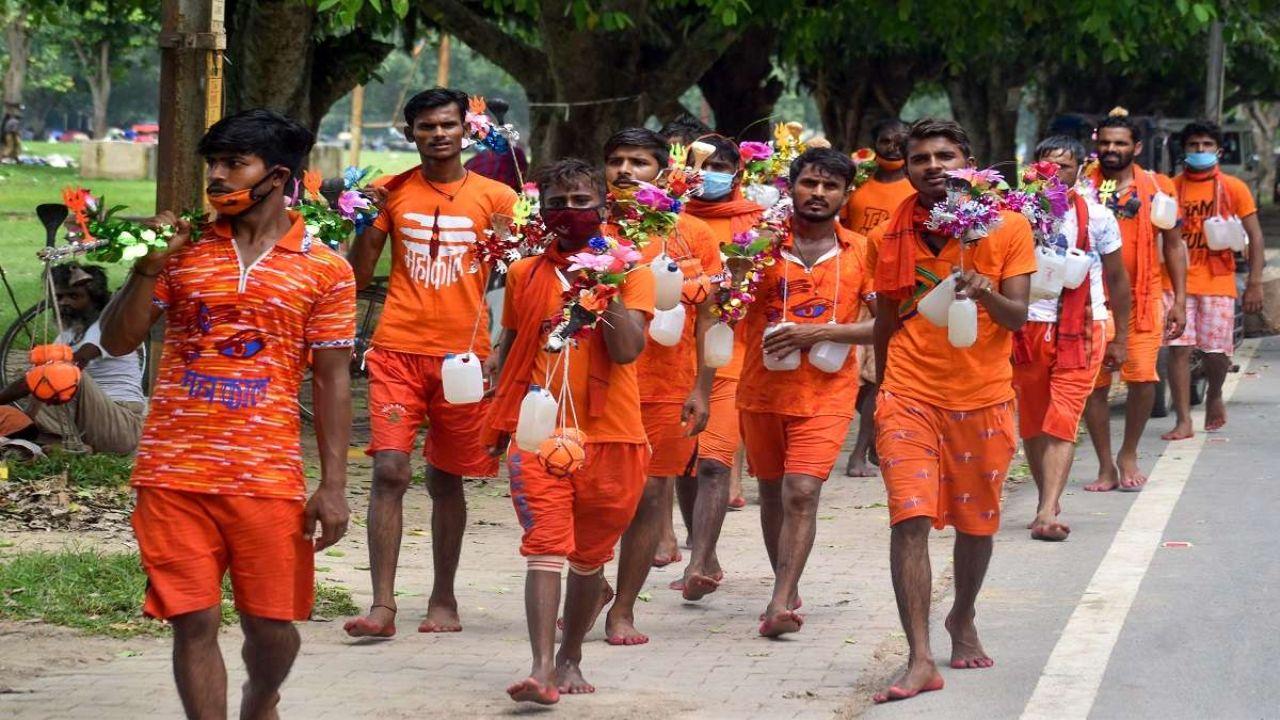 English
English

The Supreme Court validated UP’s QR code rule for Kanwar Yatra shops, citing legality and transparency. While ineffective for this year’s concluding pilgrimage, the verdict sets a precedent for future administrative measures on the religious route.

Kanwar Yatra 2025 (Image Source: Internet)
New Delhi: The Supreme Court has justified the Uttar Pradesh government's decision to install QR codes at shops during the Kandar Yatra. This order was issued by the Yogi Adityanath government, which was challenged in court by many people, including Professor Apoorvanand.
The court said in its decision that the shopkeepers on the travel route should display a QR code and valid license; there is no objection or illegal thing. This means that this order of the UP government will still be effective.
However, this decision will not have much impact on this year's Kandar Yatra, as the journey is ending with Mahashivratri on Wednesday.
This decision will be made for the future.
This decision of the court can become guidance for the years to come. It is noteworthy that last year the UP government gave another order in which it was made mandatory to put a board of names at the shops. That order was also challenged in the Supreme Court, and then the court called it illegal.
Although the court's decision came after the end of the journey at that time, such decisions still work as an example for the future. This time the court has clarified that such steps are appropriate in terms of administrative transparency and security.
A bench of Justices MM Sundaresh and N Kotishwar Singh said that since Tuesday was the last day of the Kanwar Yatra, other issues like displaying the name of the hotel or dhaba owner and QR code were not discussed. The apex court was hearing a petition filed by academician Apoorvanand Jha and others.
The petition cited a press release issued by the Uttar Pradesh government on June 25, which stated that it is mandatory for all eateries located on the Kanwar route to display QR codes revealing the name and identity of the owners, thereby leading to the same discriminatory profiling that was earlier prohibited by this court.
The petition said that the state government's direction asking stall owners to reveal religious and caste identity under "legal license requirements" violates the right to privacy of shop, dhaba and restaurant owners.